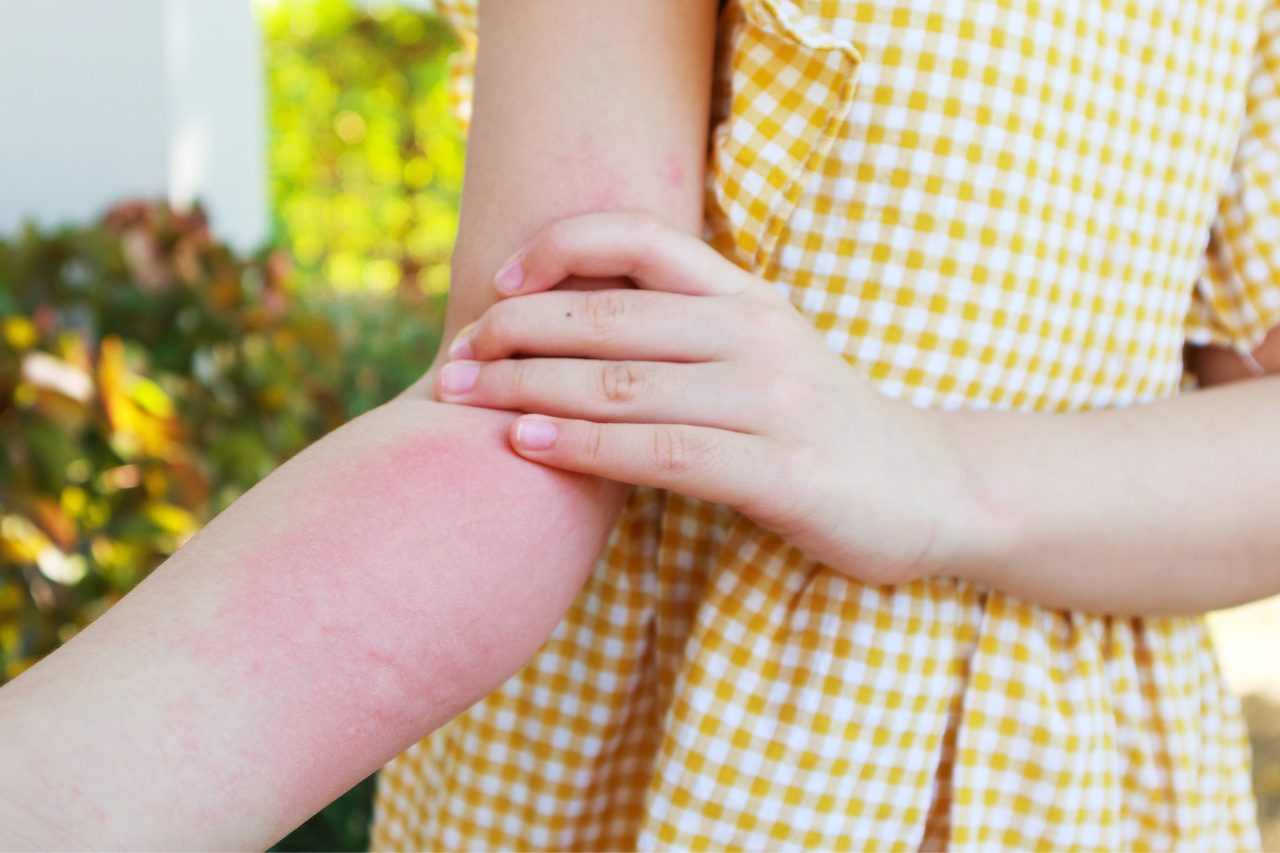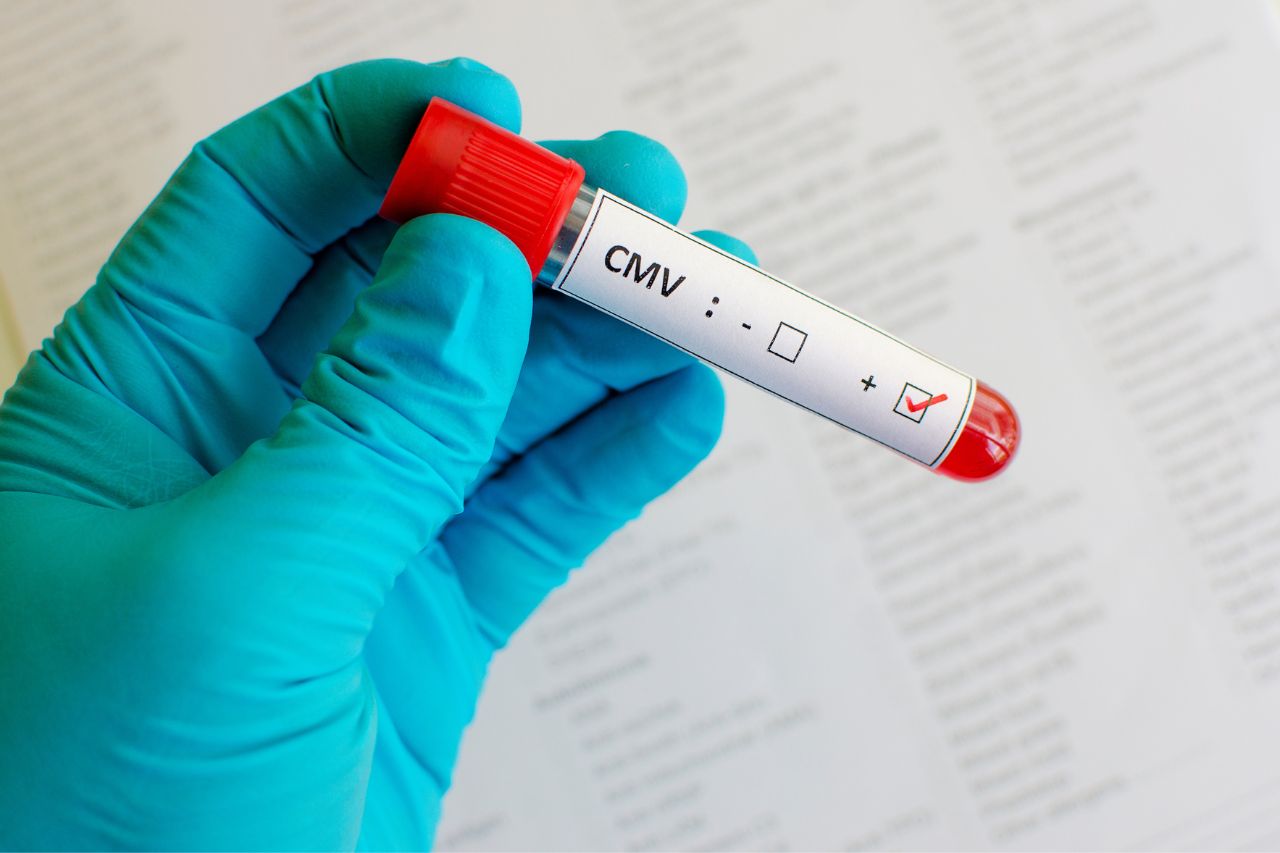What Is Shingles?

Shingles is an infection caused by the same virus that causes chickenpox — varicella-zoster. If you’ve had chickenpox, the virus can remain dormant in your nervous system until it becomes active and travels to your skin.
Shingles causes a painful rash that can occur anywhere on the body but most often appears as a band of blisters wrapping around the torso. The condition isn’t life-threatening, but it can cause significant discomfort until it runs its course in two to six weeks. People who get shingles typically don’t experience it again, but it’s possible to have it multiple times.
Also, some people develop postherpetic neuralgia in which shingles pain persists for an extended period after the blisters heal.
Other Symptoms of Shingles
Shingles most often affects only one side of the body. In addition to a rash, the infection can cause:
- Pain or burning sensation, itching, tingling, or numbness in the affected area
- Skin sensitivity
- Headache
- Fatigue
- Sensitivity to light
- Fever
Typically, the first symptom to appear is pain. Depending on the outbreak’s location, patients may mistakenly attribute the discomfort to heart, kidney, or lung issues.
Most patients develop a rash after the onset of pain. However, some people have pain but never develop a rash.
Shingles Around the Eyes
Shingles is most common on the torso. However, it can also appear on the neck or face, including around the eyes.
If you think you have shingles, you should contact your doctor right away. It’s crucial to get prompt medical advice if the infection is near your eye. Untreated shingles around the eyes can cause permanent eye damage.
It’s also important to talk with your doctor if you have other factors, such as:
- Being 60 or older, as that increases the risk of complications
- Having a compromised immune system or living with someone else who does
- Developing a widespread shingles rash or one that’s particularly painful
Risk Factors and Shingles Treatment
Your risk of developing shingles is higher if:
- You’re 50 or older.
- You’re undergoing radiation therapy or chemotherapy for cancer, which can lower your disease resistance and trigger the shingles virus.
- You take certain medications like steroids or drugs to prevent your body from rejecting an organ transplant.
Is shingles contagious? Yes, you can transmit the virus that causes shingles to anyone who hasn’t had chickenpox or the chickenpox vaccine. Consequently, you should avoid physical contact with others who might be susceptible to the virus until after the blisters have developed scabs. This includes pregnant people, newborns, and people with weakened immune systems.
There’s no cure for shingles. But if you develop the condition, your doctor can prescribe antiviral drugs that accelerate healing and reduce your risk of complications. Your doctor may also prescribe medications to address your shingles symptoms.
When Should You Get A Shingles Vaccination?
You should get the shingles vaccine if you’re 50 or older or if your doctor recommends it.
Stress, old age and conditions that lower one’s immunity can all play a role in the condition, which affects one million Americans every year. Even if you think you’ve never had chicken pox, research shows that 99% of us have, even if we can’t remember it.
Talk with Your Baptist Health Primary Care Doctor About Shingles and the Shingles Vaccine
If you have questions about shingles (including myths about the condition) or whether you should get the shingles vaccine, your primary care physician is happy to answer them. Check out our online provider directory if you need to find a Baptist Health doctor.
Next Steps and Useful Resources
5 Myths about Shingles
When Should You Get A Shingles Vaccination?



